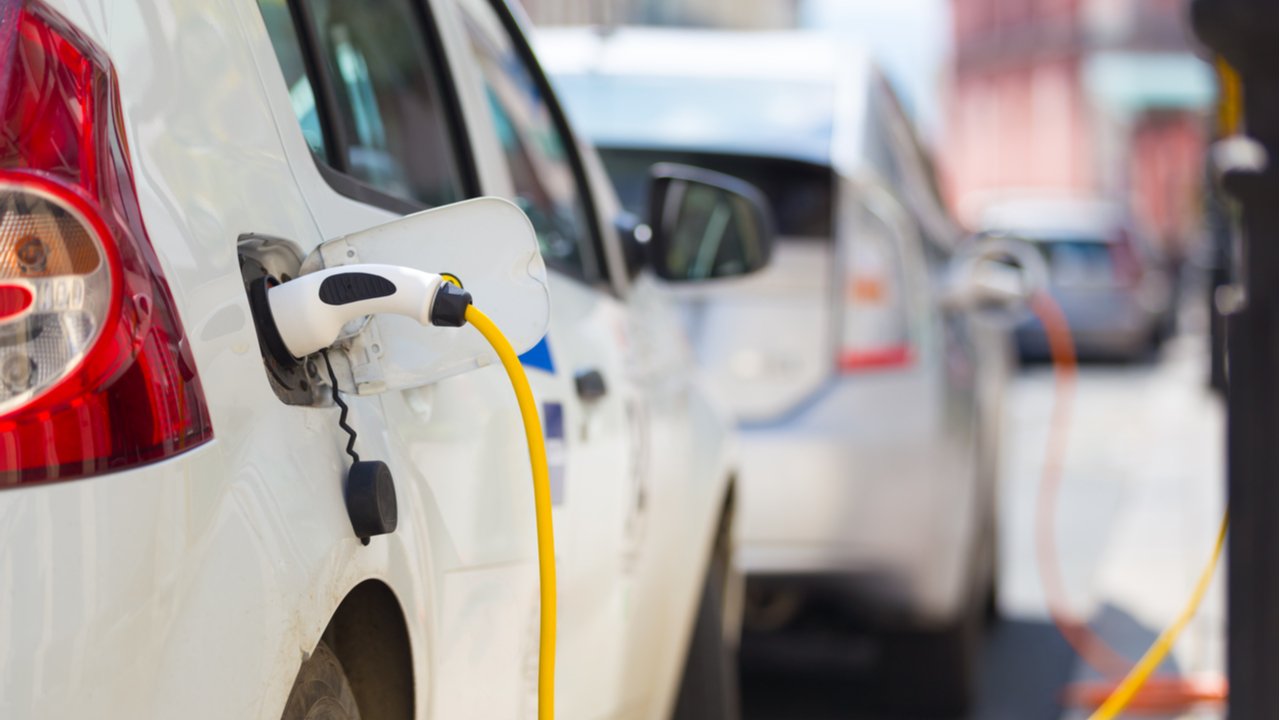This website uses cookies so that we can provide you with the best user experience possible. Cookie information is stored in your browser and performs functions such as recognising you when you return to our website and helping our team to understand which sections of the website you find most interesting and useful.
Responsible for almost a quarter (22%) of all emissions, transport is the UK’s biggest greenhouse gas (GHG) polluter. And while CO2 emissions as a whole have fallen some 38% since 1990 in the UK, there’s been no such downward trend in transport sector emissions, where increasing demand for travel has offset developments in fuel efficiency year after year.
The takeaway is clear: If the UK is to play its part in the global shift to a decarbonised economy, something needs to change.
EV charging and green goals
A report by the Climate Change Committee (CCC) – the independent statutory body set up to advise and report on emissions targets – stated the UK must slash transport emissions by more than 70% by the mid-2030s if it is to meet its goal of becoming carbon net-zero by 2050
Car manufacturers and the British driving public appear to be on board. There are now around 400,000 EVs and 795,000 plug-in hybrid vehicles (PHEVs) on our roads. Sales of EVs almost doubled over 2020-21 from 108,000 to 190,000 according to the Society of Motor Manufacturers and Traders, with UK motorists buying more EVs in 2021 than in the last five years combined.
But there’s a problem. Right now, the 22,790 public chargers on public roads represent just 15% of the 150,000 that the CCC reports is required by 2025. And that capacity will have to more than double to 325,000 charge points for the UK to meet its target of 32.2 million EVs on the road by 2032.
Without adequate charging infrastructure that drivers feel confident about using, motorists will find it hard to overcome the ‘range anxiety’ that’s currently the number-one barrier to widespread EV adoption. In this article, we’ll take a look at some of the factors influencing the rollout of much-needed EV charging infrastructure and try to find out what the state of play might be when the UK hits its critical 2025 milestone.

Past performance
The current situation is fluid, with new charging capacity added across the UK daily. The leading charging point finder app, ZapMap, reported 29,564 charging devices, including 5,296 rapid charging points, across the 18,514 locations on February 14, 2022, with 889 added in the last 30 days. That’s an increase of 220% since 2016 when just 6,546 chargers were available to motorists.
If capacity were to increase at roughly the same rate until 2025, a conservative estimate puts the UK at just 50,000 charging points by the end of 2025 – nowhere near the CCC’s 150,000 goal.
Government action
The CCC says the lack of a strategy to put charging infrastructure in place is one of the most significant barriers to a successful transition to net-zero for UK transport, especially at the local authority level. Of 333 local authorities in the UK, more than half (167) still have 20 or fewer charge points.
The CCC’s concerns are at odds with a government message that promises to deliver the biggest shake-up in transport in 100 years as part of its ten-point plan for a green industrial revolution. To support an end to the sale of new petrol and diesel cars and vans by 2030.
Since 2010, the government has committed £1.5 billion to boost the fledgling EV market with plug-in grants to pave the way for the end of new petrol and diesel car sales by 2030. It has since promised a further £2.8 billion by 2035 to roll out a ‘world-class charge point infrastructure network’ that will see the number of rapid charging points on England’s inter-urban routes double to 2500 by 2024. This figure includes £582 million to continue plug-in grants until 2023 and a £950 million investment in the rollout of charging hubs at every service station on England’s motorways and major A-roads. There will also be £275 million for extra charge points at homes, workplaces and on-street locations and £90 million for on-street schemes and rapid hubs in England.
Perhaps the biggest impact will come from new legislation that requires all new housing, supermarkets, workplaces and buildings undergoing major renovations to incorporate charge points from 2022. The government says this alone will increase capacity by 145,000 charge points annually – and whether or not the UK can meet the CCC’s target will be largely dependent on whether the maths is correct.
Get independent advice on charging and EV technology
Need independent, unbiased advice about EV or charging technology and components? Get in touch with Dalroad’s in-house engineers to discuss your project.

